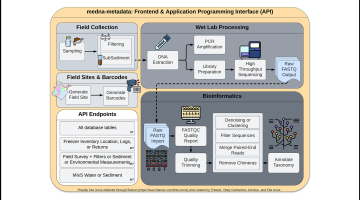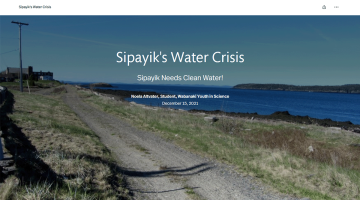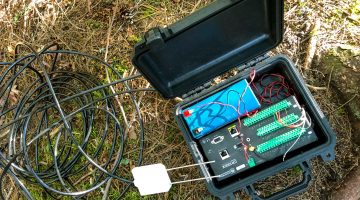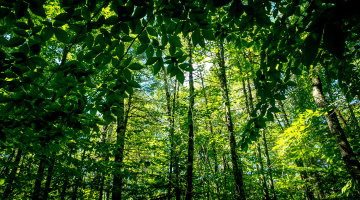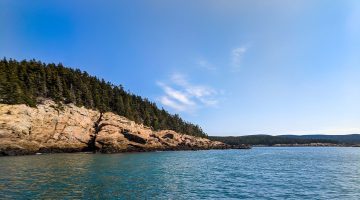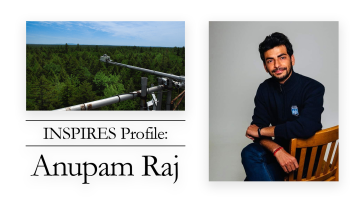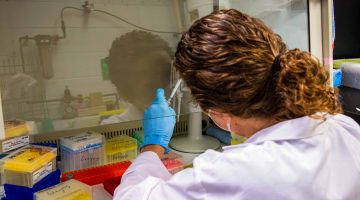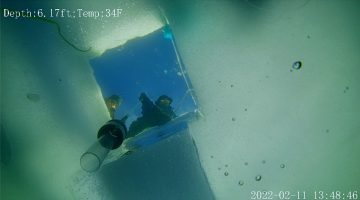Meet Maine EPSCoR’s Fall Internship Cohort
Caty DuDevoir: Writing Intern Caty (she/her) is a junior at the University of Maine (UMaine), studying Anthropology and Journalism. She joined Maine EPSCoR in spring of 2022 as a writing intern. After noticing a disconnect in public understanding of science, she wanted to help bridge the gap in information access. Caty appreciates learning more about […]
Read more

